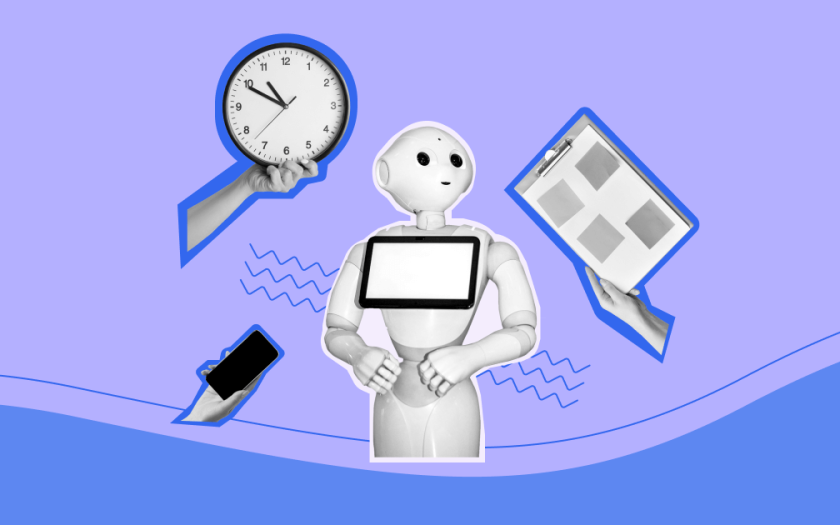In the rapidly evolving landscape of technology, Artificial Intelligence (AI) is undeniably one of the most groundbreaking developments of the 21st century. AI tools have the potential to revolutionize industries, streamline processes, and enhance productivity. From healthcare to finance, marketing to manufacturing, AI is making its mark everywhere. In this blog, we will explore the world of AI tools, their significance, and the transformative impact they are having on various sectors.
AI in Healthcare
Healthcare is an industry where AI tools are saving lives and improving patient care. AI-powered diagnostic tools can analyze medical images like X-rays, MRIs, and CT scans with remarkable accuracy. This enables early detection of diseases, such as cancer, and speeds up the diagnosis process. Chatbots and virtual health assistants are helping patients get quick answers to medical queries and schedule appointments.
Furthermore, AI tools are also enhancing drug discovery by analyzing vast datasets to identify potential compounds and accelerating clinical trials. Personalized medicine is becoming a reality as AI analyzes patient data to tailor treatments to individual genetic profiles, optimizing outcomes and minimizing side effects.
Finance and AI
In the financial sector, AI tools are transforming how businesses manage their finances, detect fraud, and make investment decisions. Robo-advisors use AI algorithms to create personalized investment portfolios for clients, optimizing returns and managing risk efficiently. AI-powered chatbots assist customers in real-time, answering queries about account balances, transaction history, and even providing financial advice.
Risk management is another area where AI plays a crucial role. Machine learning models analyze transaction patterns to detect anomalies and potential fraud, protecting both consumers and businesses. In trading, high-frequency trading algorithms powered by AI execute complex strategies at lightning speed, making financial markets more efficient.
Marketing and Customer Engagement
AI has revolutionized the way businesses market their products and engage with customers. Customer relationship management (CRM) systems equipped with AI can analyze customer data to provide valuable insights, allowing companies to create personalized marketing campaigns. Chatbots and virtual assistants handle customer inquiries, freeing up human resources for more complex tasks.
AI also enhances content creation and marketing strategies. Natural language processing (NLP) algorithms can generate high-quality written content, while predictive analytics help marketers understand consumer behavior and preferences, enabling them to tailor their content and advertisements accordingly.
Manufacturing and Industry 4.0
In manufacturing, the concept of Industry 4.0 is powered by AI tools. Smart factories use AI-driven systems to optimize production processes, minimize downtime, and improve quality control. Robots and autonomous vehicles equipped with AI navigate warehouses and assembly lines efficiently. Predictive maintenance algorithms analyze equipment data to detect issues before they cause breakdowns, reducing maintenance costs and improving overall productivity.
Supply chain management benefits from AI’s ability to forecast demand, optimize routes, and manage inventory efficiently. This leads to cost reductions and increased customer satisfaction as products reach their destinations faster and with fewer disruptions.
